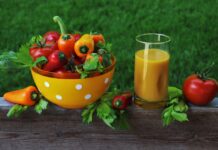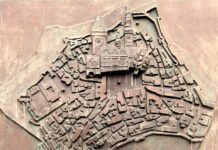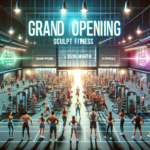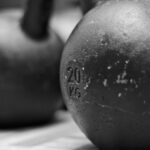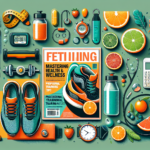In the ever-evolving landscape of health and wellness, technology continues to play a significant role in helping individuals make informed decisions about their diet and nutrition. One such technological advancement is ChatGPT, an AI-powered chatbot developed by OpenAI that aims to assist users in creating personalized meal plans based on their dietary preferences and health goals. But the question remains: Can ChatGPT truly make accurate meal plans? To find out, a dietitian decided to put this innovative tool to the test.
ChatGPT operates by engaging users in a conversation to gather information about their dietary restrictions, food preferences, and health objectives. The AI then uses this data to generate a customized meal plan that aligns with the user’s needs. This approach offers a convenient and accessible way for individuals to receive tailored nutrition guidance without the need for face-to-face consultations with a professional.
The dietitian tasked with evaluating ChatGPT’s capabilities was initially skeptical about the AI’s ability to deliver accurate and comprehensive meal plans. However, after inputting her own dietary requirements and preferences into the chatbot, she was pleasantly surprised by the level of detail and specificity in the meal recommendations provided. ChatGPT took into account her caloric needs, macronutrient ratios, and even suggested portion sizes for each meal.
One of the key advantages of using ChatGPT for meal planning is its efficiency. The AI can quickly generate meal ideas and recipes based on the user’s input, saving time and effort in the meal planning process. Additionally, ChatGPT can offer a variety of meal options to ensure that users have a diverse and balanced diet.
Despite its impressive capabilities, ChatGPT is not without its limitations. The dietitian noted that the AI may struggle to account for individual preferences and nuances that a human dietitian would easily recognize. For example, ChatGPT may not be able to consider cultural or personal food preferences that could impact the user’s adherence to the meal plan.
Overall, the dietitian concluded that while ChatGPT can be a useful tool for generating meal ideas and providing general nutrition guidance, it should not replace the expertise of a qualified professional. Human dietitians can offer personalized recommendations based on a holistic understanding of the individual’s health status, lifestyle, and goals, which an AI may not be able to replicate.
In conclusion, ChatGPT shows promise in helping individuals make more informed decisions about their diet and nutrition. While it may not be a perfect substitute for human expertise, it can serve as a valuable resource for those looking to enhance their meal planning process and explore new culinary possibilities. As technology continues to advance, the integration of AI in the field of nutrition holds great potential for improving overall health and well-being.



